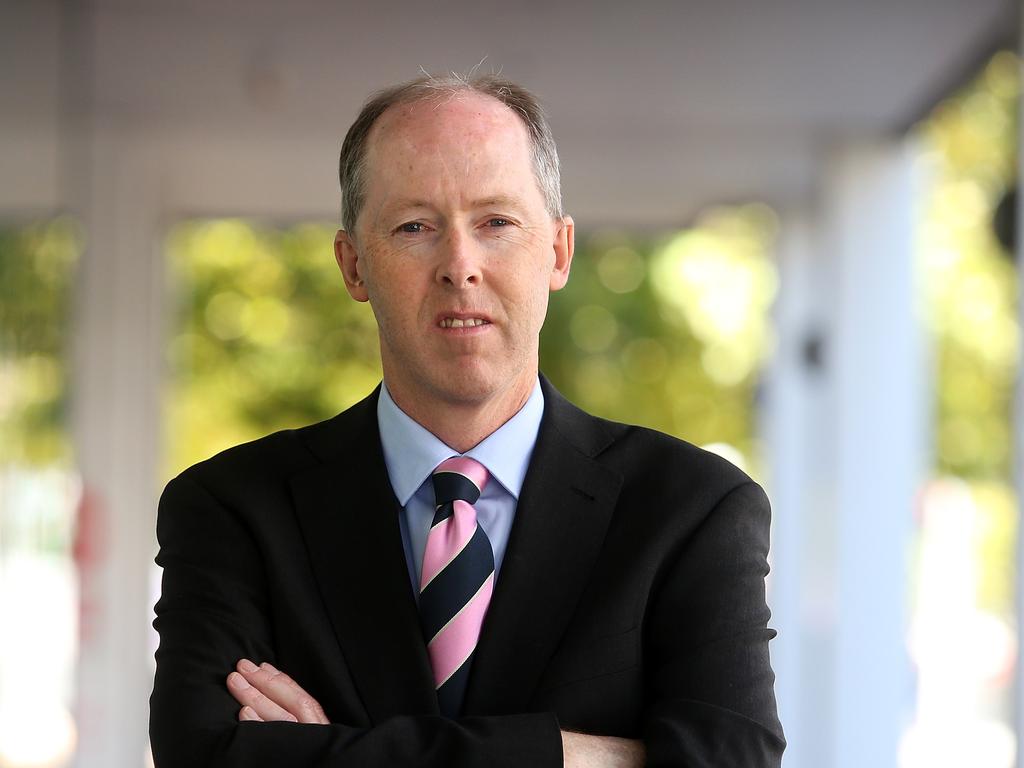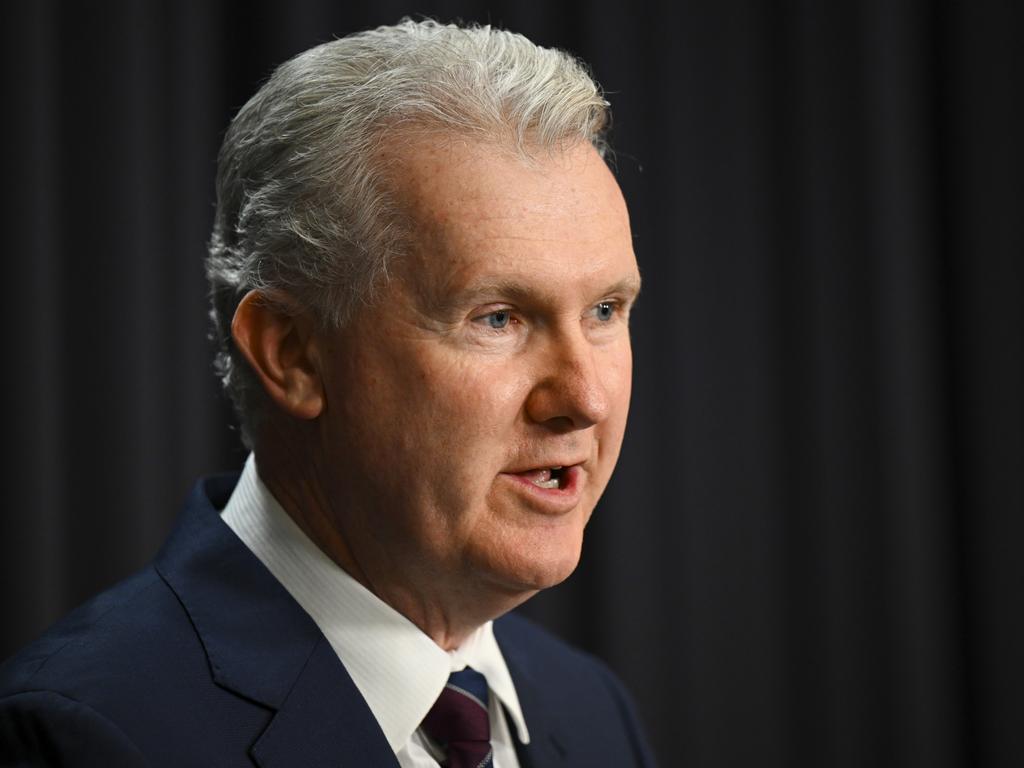Builders brace for chaos the union says will not happen
As the construction watchdog is defanged, both sides must now focus on productivity.
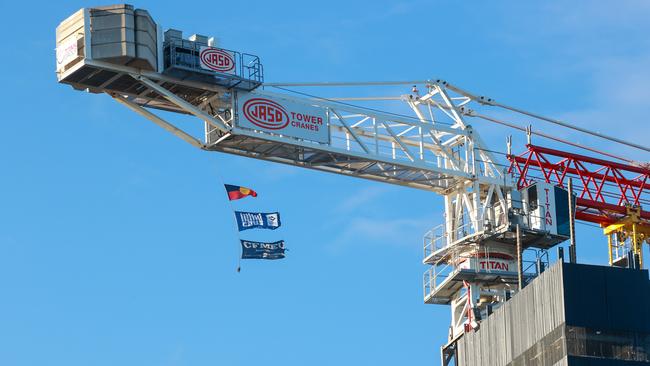
Dave Noonan acknowledges the Australian Building and Construction Commission’s relentless pursuit of the CFMEU has financially damaged the nation’s most militant union.
And how could he not? Since the ABCC was revived by the Coalition in late 2016, the Construction Forestry Maritime Mining and Energy Union has been hit with millions of dollars in court penalties and legal costs, and spent considerable time and resources tied up in legal proceedings.
“Yes,” replies Noonan, the union’s construction division national secretary, when asked by Inquirer if the CFMEU had been hurt financially by the ABCC.
“But it didn’t destroy us. It didn’t improve productivity. And it didn’t improve safety. And it didn’t improve building quality. And it certainly didn’t improve wages and conditions or address wage theft.
“It got a lot of lawyers a lot of money through litigation. It provided work for a range of people who probably found it hard to get employment in other law enforcement areas because of their lack of competence or ticker. And it continues to provide lots of lurid headlines.”
Noonan is correct about the agency not lifting productivity in the construction sector. Despite the ABCC legislation containing the words “improving productivity” in its title, labour productivity in the construction sector declined every year the ABCC was the regulator before the pandemic struck.

Despite the Albanese government having a mandate to kill off the agency, Labor’s move this week to neuter the ABCC ahead of legislating its abolition later this year ignited criticism from business and employer groups, and predictable attacks from the Coalition,
The ABCC’s powers will be shared between the Fair Work Ombudsman and state-based health and safety regulators, with Workplace Relations Minister Tony Burke signalling the ombudsman, which takes over the ABCC’s caseload, will be given extra funding.
ABCC commissioner Stephen McBurney, who will continue to receive his $455,590 annual salary ahead of the agency winding up, tells Inquirer that the construction industry has been impacted by lawlessness since 2016, and the situation will worsen without a standalone regulator.
“If there is no regulator to address that lawlessness then it’s not going to go away and it stands to reason that if there’s no consequence for unlawful conduct, it will persist, it will continue and it will get worse,” he says.
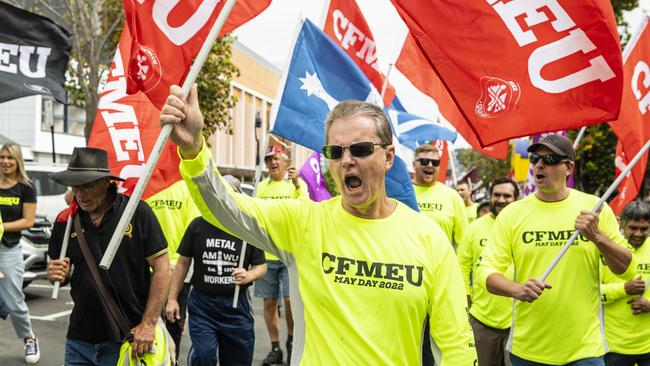
University of Adelaide law professor Andrew Stewart says the new government has two sound arguments in favour of scrapping the ABCC.
“One is about applying the same rules to everybody,” he says. “The other one is about having an independent regulator that is accepted to be independent and that is not perceived as being there to do a number on trade unions.”
However, Stewart says while there is no problem for Labor in making the case for no specialist regulator, the problem is the extent of law breaking in the building and construction sector “which is arguably greater than any other sector”.
“If we think about this purely in terms of the Fair Work Act, it’s pretty clear that this is a notorious industry for breaches of the law,” he says. “Does anyone think the CFMEU is going to change its attitude to complying with laws it clearly thinks are unjust? Of course it’s not. So that conduct is going to continue, those breaches will still continue.
“To the extent that conduct is directed against large employers that have the resources to go to court then arguably there’s no reason for the ombudsman to be directing scarce resources there.
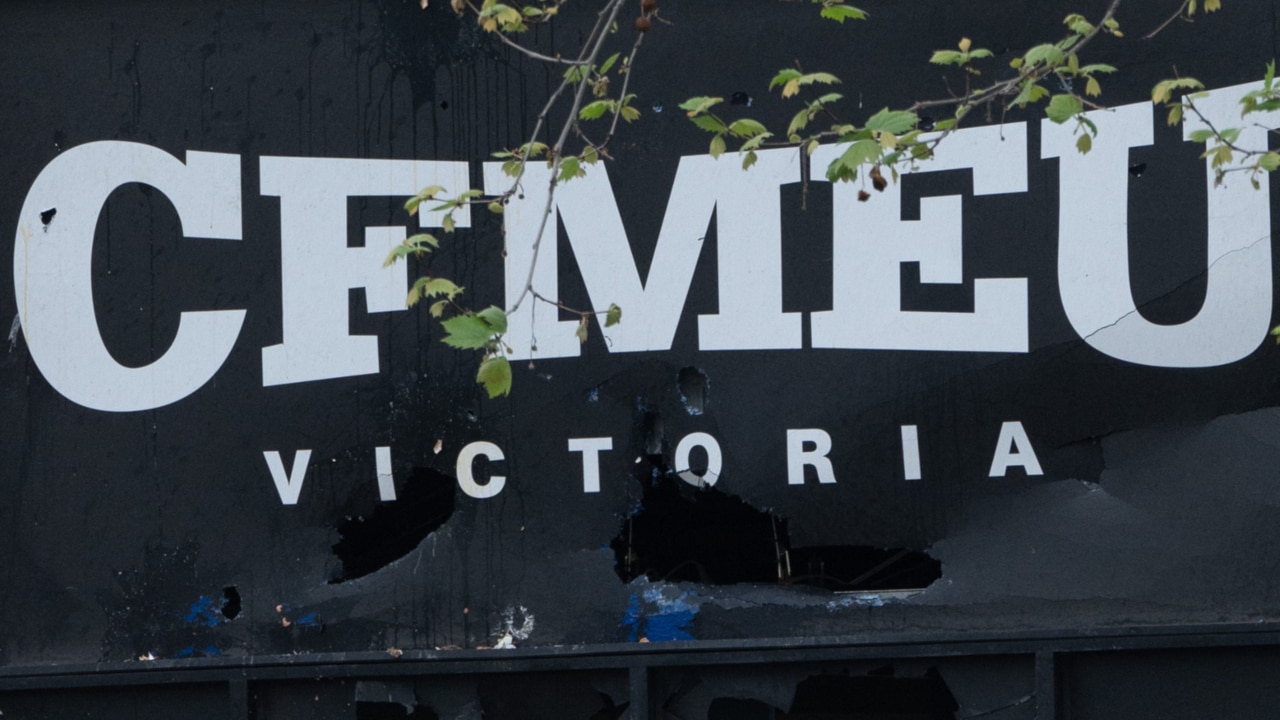
“But if you are talking about coercing smaller contractors or if you are talking about effectively taking action against workers who won’t join the union, those are matters that are comfortably with the ombudsman’s remit to deal with.”
Master Builders Australia chief executive Denita Wawn says the $220bn construction industry is “reeling from months of being the canary down the inflationary coalmine, and now, by giving the green light to construction union militancy, the government is going to blow out the cost of delivering new hospitals aged facilities and defence bases”.
“The Prime Minister, as opposition leader, spent months trying to expel the notorious head of the CFMEU Victorian branch, John Setka, from the Labor Party because he said Setka’s behaviour was so appalling,” Wawn says.
“Now his government is ripping away protections for builders from such behaviour and the regulator that enforces them.
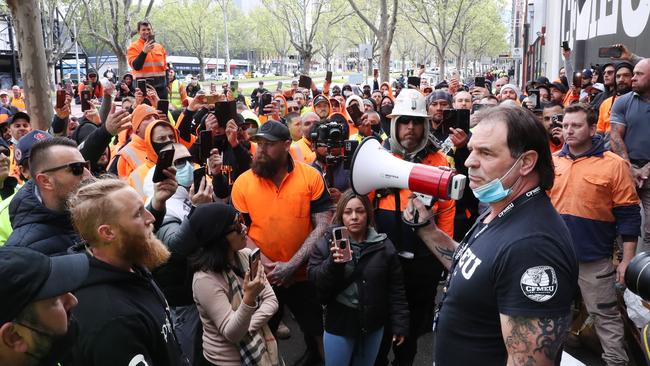
“So the behaviour of the most powerful official in the CFMEU is such that it warrants expulsion from the Prime Minister’s party but doesn’t warrant the attention of a specialist regulator. Surely the government can see how galling that it is for the men and women working in our industry.
“To make matters worse, Setka has taken control of the South Australian and Northern Territory branches of the union to the alarm of the industry in those jurisdictions.
“It’s no wonder our members are anxious about a new surge in bullying and intimidation.”
Noonan says the ABCC’s operations obstructed the activities of unions and employers. “Any employer or union that wanted to go and get an agreement registered had to go through two processes – go and get the ABCC to check it for code compliance, a process that often took months and months. And then you had to go to the Fair Work Commission to get it certified,” he says.
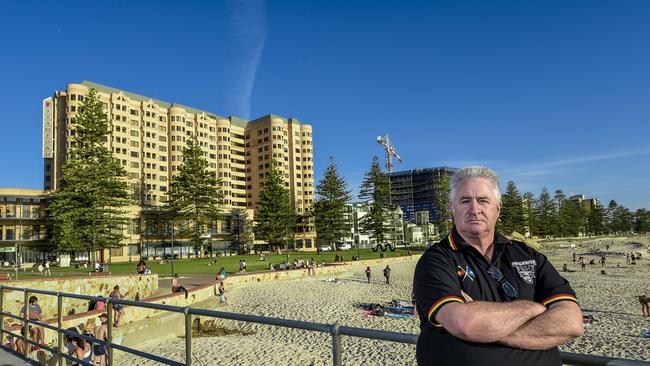
“Now I sat at a round table with employers during the Christian Porter (industrial relations bill) thing where the extreme right employers like the Mines and Metals Association and Master Builders and the slightly less right-wing Australian Industry Group whinged like bad mugs about bureaucracy and red tape and getting agreements done.
“And yet every single one of them supported having two regulators, with two separate checklists before you could enter an agreement, a process that used to stretch out to six and seven months quite frequently because of the need to go through all the different regulators.”
Ai Group chief executive Innes Willox says the ABCC and the building code had played a critical role in addressing bullying and intimidation by union officials on building sites. “There are major skill and labour shortages in the construction industry and it is of course difficult to attract people into the industry, including women and young people, without a respectful work environment,” Willox says.
Noonan describes Wawn and Willox as “professional Liberal Party lobbyists”.
“Here’s my comment on Denita Wawn: the next building site she goes on will be her first. Innes Willox: the next building site he goes on will be his first,” he says.
“I think there is a lot of maturity in the industry – among workers, unions, real employers as opposed to the Liberal Party lobbyists and I think there is a lot of ability to get on with things in a collaborative way.
“There have always been some disputes in the industry. There probably always will be some disputes in the industry. But the proposition that there is going to be mayhem and so on is just silly.”
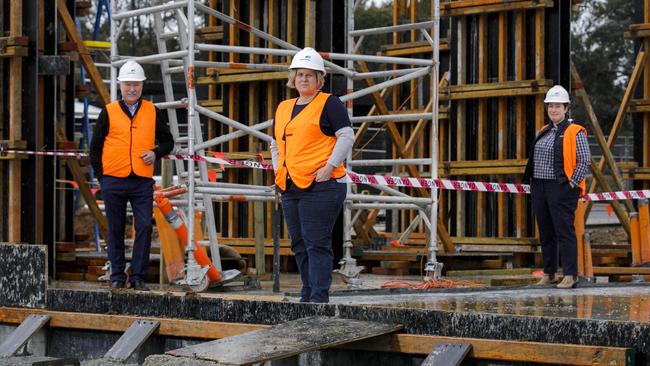
Burke last month called on the ABCC to fully disclose its dealings with the Master Builders in the lead-up to the federal election. His call came after The Australian revealed that McBurney held a “strategic” meeting with the Master Builders that discussed the federal election ahead of the May 21 poll.
McBurney confirmed on Thursday this week he had responded to Burke, and he later revealed, through a spokeswoman, that the ABCC held 14 meetings with the Master Builders this year – including four attended by McBurney.
McBurney says the ABCC is answerable to the parliament and the courts, and while “I can’t deny our functions and our activities have been the subject of considerable political debate”, the agency discharges its functions impartially and apolitically.
He says the productivity question is a “bit complicated” as the ABCC legislation has a restrictive definition, while the union’s unlawful conduct also has an impact on productivity.
“We make no apology for being an aggressive regulator but we’re not making this up,” he says. “The evidence we have put before the court has been accepted by the court. It’s amounted to 2520 contraventions and $17.7m in penalties. We make no apologies for that. We are not targeting anyone in particular. What we are targeting is unlawful conduct in all its forms.”
Noonan says some employer groups are “crying wolf” when claiming the scrapping of the ABCC will result in an outbreak of militancy.
“There are really serious issues facing the industry and they’re not Eureka flags and they’re not stickers and they’re not petty disputes around wages and conditions. They’re about safety, they’re about apprenticeships, about workplace diversity.
“This stuff is all very, very 20th century. It’s all very 1996 and some of the tired, old warhorses of the employment movement should either seek Liberal preselection or start representing their members’ real interests because frankly most people in the industry are bored with this.”


